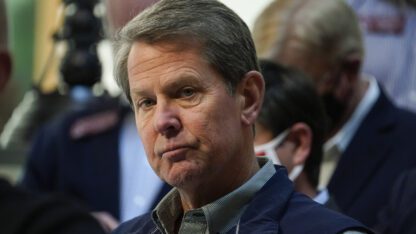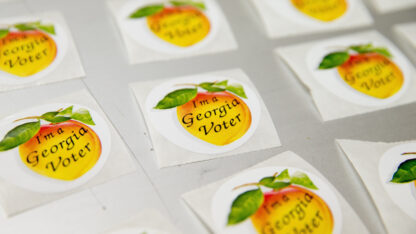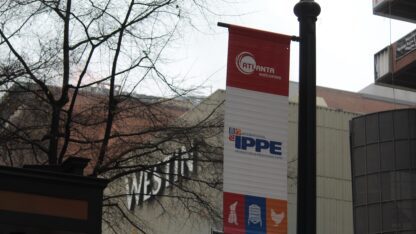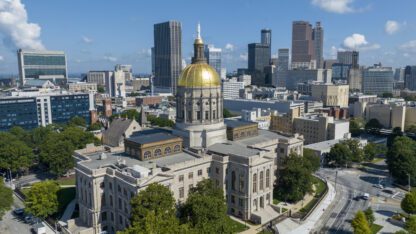Georgia Senate Panel: Shield Businesses From COVID-19 Suits

The Senate Public Safety Committee voted Monday to amend House Bill 216, which originally would have created a fundraising license plate for the Georgia Tennis Foundation, to include the protections.
wikimedia commons
A Georgia Senate committee wants to protect businesses, governments, property owners and emergency personnel from being sued if someone claims they contracted COVID-19 because of them.
The Senate Public Safety Committee voted Monday to amend House Bill 216, which originally would have created a fundraising license plate for the Georgia Tennis Foundation, to include the protections. Three Democrats voted against the bill. The measure will move to the full Senate for more debate.
Committee Chairman John Albers, a Roswell Republican, said the bill was the product of negotiations among business groups and plaintiffs’ lawyers, although the GOP leadership of the Senate has clearly said it wants to protect the interests of businesses with the measure. The Georgia Chamber of Commerce and others have called for a lawsuit shield.
“Is it perfect? No,” Albers said during the meeting. “Is everybody a little happy and a little bit wanting more? Yes.”
Gov. Brian Kemp already exempted hospitals and medical professionals from liability by executive order, but protections run out when Kemp’s emergency powers expire. The idea is that businesses would be exempt from suits if they follow federal, state and local guidelines but might still be liable if they don’t. Under the language approved Monday, an entity would have to display gross negligence, “willful and wanton misconduct” or reckless or intentional infliction of harm to lose a lawsuit. All those are relatively high legal standards.
“It doesn’t give a free pass to someone who didn’t do anything,” Albers said, saying for example that there might be some nursing homes that could be found liable. “We wanted to balance that out.”
The new protection would last for two years after Kemp’s emergency declaration ends.
Albers said the bill would not affect workers’ compensation claims. However, he said it could ease the fears of some properties that have remained closed, citing neighborhood swimming pools operated by homeowners associations in his suburban district.
“About half of our pools are opened, and about half of them are closed out of strictly fear,” Albers said.








